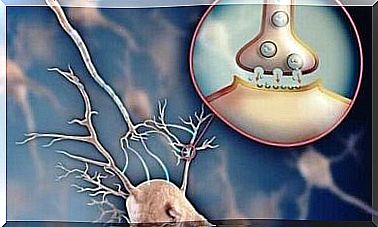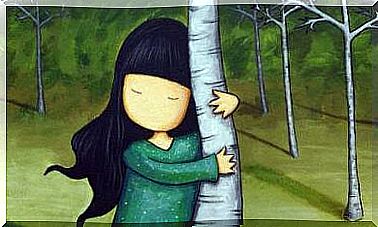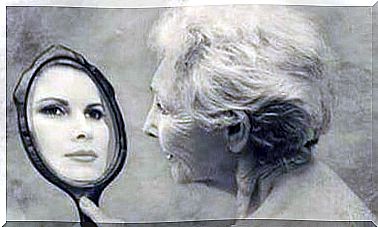Passive Violence: Deep Wounds That Look Superficial

Passive violence sounds almost paradoxical. Violence makes us think of something “active,” so basically these two words seem like two incompatible thoughts. In our daily lives, however, we encounter people who feel offensive without raising their voices or using offensive words. The victim of passive violence feels vague, hard-to-demonstrate pain.
Passive violence or passive-aggressive attitudes are the result of an inability to resolve a conflict of authority in one or more of its manifestations or unfavorable situations. There will be a feeling of helplessness or defensiveness, leading to extradition. However, this surrender is full of anger and frustration that will emerge sooner or later.
Passive violence in everyday situations
The most obvious examples of passive violence come from teens. For example, their mom or dad asks them to clean their rooms, and they respond to something like “I’m doing it now!” Without doing it.
This is also common with young children. They get annoyed, and if you don’t give them up, they’re tossing around to hurt themselves. Or they later break the expensive vase “accidentally”.
Of course, there are also numerous examples of passive violence with adults. When you talk to someone who pretends not to hear. Or when someone gives you crushing feedback disguised as advice or a suggestion. Or when someone puts you between a tree and a bark and kindly asks you to make a decision. You know many other examples!
Passive violence and authority
In general, passive violence increases in situations involving power dynamics. It is this power that prevents or restricts the expression of aggressive emotions. For this reason, they manifest themselves as false respect, which then often translates into passive violence.
Authorities are also often victims of passive violence. Parents, of course, but also supervisors, teachers, doctors, etc. Sometimes they do not have a formal dominance, but they have such a role in another person. That is, as in a relationship where one person has more influence than another.
These power users can also cause the manifestation of passive violence. They know that those below them in the hierarchy do not have complete freedom to react to their behavior. For example, when your boss asks you to work one hour more each day to help others. Or when your partner says he or she is better off helping you because you won’t survive alone.
Passive violence is perpetrated by creating guilt, denying, humiliating, or exploiting another, albeit indirectly. Sometimes it is very difficult to spot because it is often wrapped in gentle speech and good manners. It is also almost never conscious.
The effects of passive violence in social circles
Many patterns of passive violence behavior are transferred and nurtured in our society. Like when you walk down the street and a homeless person asks you for money. Sometimes you don’t want or can’t help. Then the homeless person will tell you “God’s blessing.” In this case, he doesn’t really want God’s blessing on you, but something completely the opposite. This is also the message he gives you between the lines.
Inappropriate or passively violent behavior also creates similar responses. A stressed boss only forces some of his subordinates to work late. An authoritarian teacher causes bad behavior, either openly or not. A controlling mother may cause problematic children. A politician who buys votes gives people a reason not to pay taxes.

The most damaging thing about passive violence is that when it is unclear, it causes confusion and is not obvious. When you punish a teenager for disobedience, he tells you “I said I’d do it!”. If you tell your boss that his assessment is unfair, he will likely teach you about discipline and efficiency. And your partner may feel like a victim or genuinely surprised when you tell him or her to treat you like you’re stupid.
We need to learn to put an end to such manipulative behavior. We must act in conflict situations so that we do not create or nurture this type of violence. This doesn’t mean you have to say everything that comes to mind without filtering it at all. We simply need to develop our ability to communicate clearly and calmly.









